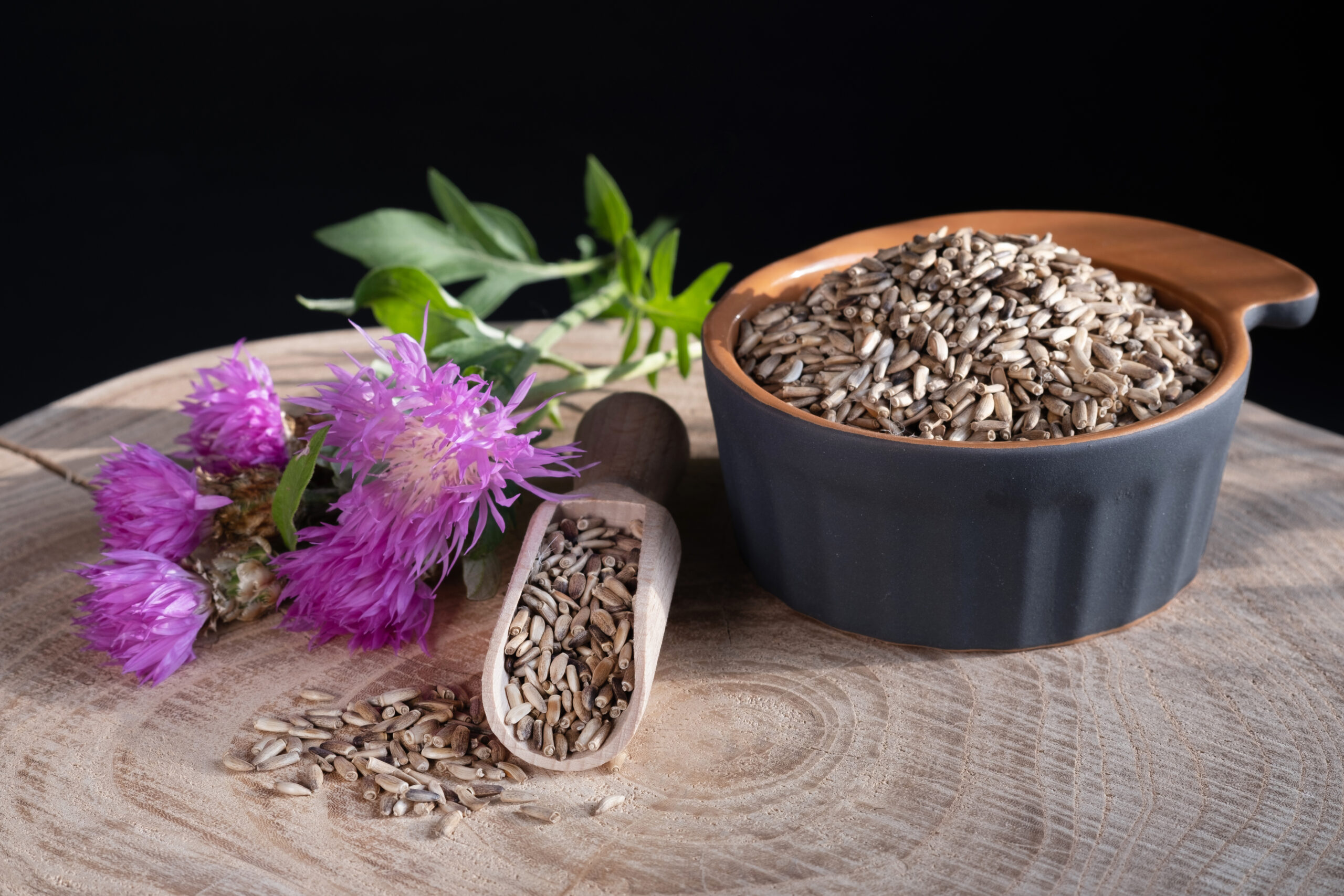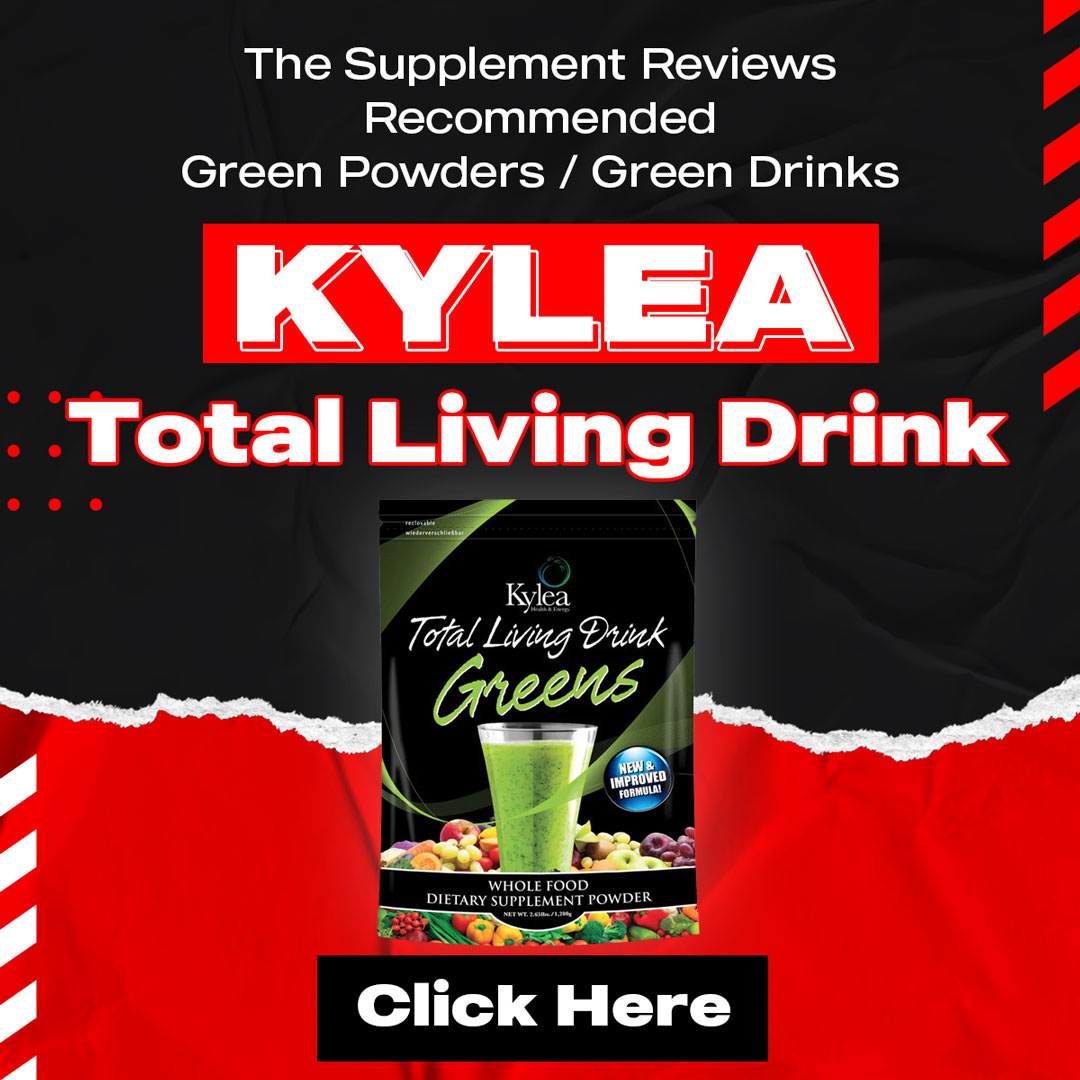In the world of herbal medicine, milk thistle (Silybum marianum) stands as a remarkable and time-honored herb with a wide range of health benefits. Renowned for its distinctive appearance and distinctively marbled leaves, milk thistle has been used for centuries to support various aspects of well-being. This article explores the extensive health benefits of milk thistle, shedding light on its potential to promote liver health and much more.
What is Milk Thistle?
Milk thistle is a flowering herb that belongs to the daisy and ragweed family, native to Mediterranean regions but now cultivated worldwide. It is characterized by its prickly, marbled green leaves and vibrant purple flower heads. The active compound found in milk thistle responsible for its therapeutic properties is called silymarin, which consists of a group of flavonoids including silybin, silydianin, and silychristin.
Nutritional Profile of Milk Thistle
Milk thistle is rich in antioxidants, flavonoids, and other bioactive compounds, making it a valuable addition to herbal medicine. Some of the key constituents of milk thistle include:
- Silymarin: The primary bioactive compound in milk thistle, silymarin, is a potent antioxidant known for its liver-protective properties.
- Flavonoids: Milk thistle contains various flavonoids, such as quercetin, kaempferol, and taxifolin, which contribute to its antioxidant and anti-inflammatory effects.
- Fatty Acids: It contains essential fatty acids, including linoleic acid, which is beneficial for overall health.
- Vitamins and Minerals: Milk thistle is a source of vitamin E, vitamin C, and a variety of minerals, including zinc and selenium.
Health Benefits of Milk Thistle
Here are the key Milk Thistle health benefits…
Liver Health
Milk thistle is perhaps best known for its liver-protective properties. Silymarin, the active compound in milk thistle, helps shield the liver from damage caused by toxins, alcohol, medications, and other harmful substances. It achieves this by:
- Supporting liver detoxification processes.
- Enhancing the regeneration of liver cells.
- Reducing inflammation within the liver.
These mechanisms collectively help maintain liver health and may benefit individuals with liver conditions like fatty liver disease, hepatitis, and cirrhosis. Additionally, milk thistle may assist in preventing liver damage from excessive alcohol consumption.
Antioxidant Effects
Milk thistle’s high content of antioxidants, especially silymarin, makes it a potent defender against oxidative stress. Antioxidants help neutralize harmful free radicals in the body, reducing the risk of chronic diseases, including heart disease, cancer, and diabetes.
Anti-Inflammatory Properties
Chronic inflammation is a contributor to various health issues, including autoimmune diseases, arthritis, and cardiovascular disease. Milk thistle’s anti-inflammatory compounds, such as flavonoids, can help reduce inflammation and its associated symptoms.
Digestive Health
Milk thistle may support digestive health by improving liver and gallbladder function. It can help ease digestive discomfort, such as indigestion and bloating, by promoting the production of bile, which aids in fat digestion.
Cholesterol Regulation
Some studies suggest that milk thistle may have a modest impact on reducing LDL (bad) cholesterol levels, making it potentially beneficial for heart health. However, more research is needed to confirm these effects conclusively.
Skin Health
The antioxidants in milk thistle can contribute to healthier skin by combating oxidative stress and free radical damage. Some people use milk thistle supplements or extracts to address skin conditions like acne, eczema, and psoriasis.
Blood Sugar Management
Preliminary research suggests that milk thistle may help stabilize blood sugar levels and improve insulin sensitivity. This potential benefit makes it of interest to individuals with diabetes or those at risk of developing the condition.
Hangover Relief
Milk thistle is sometimes used as a natural remedy to alleviate hangover symptoms, thanks to its potential to support liver function and detoxification. However, it is not a guaranteed cure for hangovers, and moderation in alcohol consumption is the best prevention.
Forms of Milk Thistle Supplements
Milk thistle supplements are available in various forms to cater to different preferences and needs:
- Milk Thistle Extract: Standardized milk thistle extracts are available in capsules, tablets, or liquid forms. These provide a concentrated dose of silymarin and other beneficial compounds.
- Milk Thistle Powder: Ground milk thistle seeds can be used as a dietary supplement or incorporated into smoothies, beverages, or recipes.
- Tinctures: Liquid extracts of milk thistle are available in tincture form, allowing for easy dosing.
- Tea: Milk thistle tea is made from dried milk thistle leaves or seeds and can be a soothing way to enjoy its benefits.
- Combination Products: Milk thistle is often included in combination supplements designed for liver health or overall well-being.
Using Milk Thistle Supplements
When considering milk thistle supplementation, it’s essential to follow these guidelines:
- Consult a Healthcare Professional: Before starting any new supplement, consult with a healthcare provider, especially if you have underlying health conditions, are pregnant or nursing, or are taking medications.
- Dosage: The appropriate dosage of milk thistle can vary depending on the form and concentration of the supplement. Follow the recommended dosage on the product label or as advised by a healthcare professional.
- Consistency: For the best results, take milk thistle supplements consistently. Some benefits may take time to manifest, so patience is key.
- Quality Matters: Choose high-quality milk thistle supplements from reputable sources to ensure purity and efficacy.
- Potential Interactions: Be aware of potential interactions with medications. Milk thistle may interact with certain drugs, such as blood thinners and antipsychotic medications, so it’s crucial to inform your healthcare provider of any supplements you’re taking.
Possible Milk Thistle Side Effects and Precautions
Milk thistle is generally considered safe for most people when used appropriately. However, some individuals may experience mild side effects, such as digestive upset or allergies. It’s essential to consult with a healthcare professional if you experience any adverse reactions.
Additionally, individuals with ragweed or related allergies may be at risk of cross-reactivity and should use milk thistle with caution.
Pregnant and nursing women and individuals with specific health conditions, such as hormone-sensitive cancers or hormone-related conditions, should consult with a healthcare provider before using milk thistle supplements.
Milk Thistle Benefits Conclusion
Milk thistle, with its active compound silymarin and a wide range of health benefits, is a versatile herbal remedy that can positively impact liver health and overall well-being. Whether you are seeking to support your liver, reduce inflammation, manage blood sugar, or simply embrace the antioxidant properties of this herbal powerhouse, milk thistle offers a natural and time-tested solution.
As with any dietary supplement or herbal remedy, it’s essential to approach milk thistle with knowledge and consideration. Consult with a healthcare professional to determine the most suitable form and dosage for your specific health needs, especially if you have underlying health conditions or are taking medications.
By incorporating milk thistle wisely into your wellness routine, you can harness the potential benefits of this remarkable herb, promoting a healthier and more vibrant life while respecting the age-old wisdom of herbal medicine.
Here are the best superfood supplements on the market: Best Superfood Powders
REFERENCES
- WebMD
- Mayo Clinic
- A review of therapeutic potentials of milk thistle (Silybum marianum L.) and its main constituent, silymarin, on cancer, and their related patents
- Milk thistle in liver diseases: past, present, future
- Milk thistle (Silybum marianum): A concise overview on its chemistry, pharmacological, and nutraceutical uses in liver diseases
- “Silymarin”, a Promising Pharmacological Agent for Treatment of Diseases
I’m not just a supplement analyst. I’m an extremely qualified one! I am a Certified Nutrition Coach (CNC) and actually received my certification directly from the National Academy of Sports Medicine. I am also a Nutrition & Wellness Consultant, certified by the American Fitness Professionals Association (AFPA).



